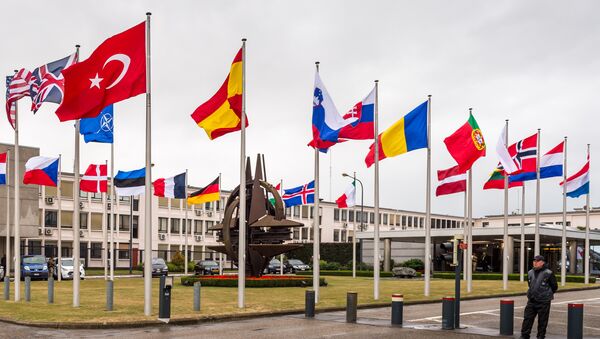"I think he [Trump] will claim more self-responsibility from the European NATO member states. A German-French-led EU-military capacity-building is being driven regardless the developments in the United States," Neu, the chairman of the German parliamentary committee on defense, said answering a question whether Trump’s possible victory in elections would give more impetus to Franco-German idea of creating centralized European military headquarters and stronger coordination among European countries to avoid dependency on Washington for security.
The European Union is now revising its defense strategy, discussing prospects of establishing the bloc's common army. The plan, which goes back to 1950, was revived in March 2015 by European Commission President Jean-Claude Juncker, who said the bloc needed its own unified army to respond to threats posed to EU member states.
On October 7, Juncker, delivering a speech at the Jacques Delors Institute in Paris, suggested setting up in Brussels the central command headquarters of the European Union’s civil and military operations.


